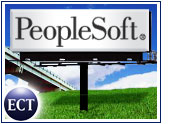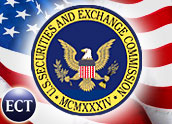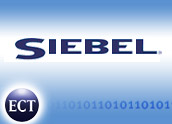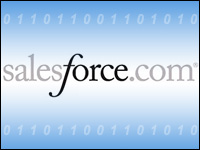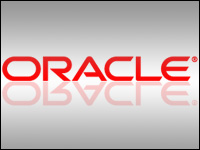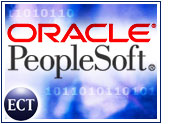
For the fourth time, Pleasanton, California-based PeopleSoft has responded to Oracle’s latest takeover offer of US$21 per share with a resounding “no.” Previously, the company’s board had rejected three other escalating offers of $16, $19.50 and $26 per share.
PeopleSoft spokesperson Steve Swasey told CRM Buyer that the board rejected the new, lower offer because it was not in the best interest of company stockholders. Additionally, he said, PeopleSoft has long contended that Oracle’s efforts are intended to hamper PeopleSoft’s business.
Industry analyst Steve Trotta of Technology Business Research told CRM Buyer in an interview that the rejection of the $21 per-share offer was entirely expected. He, too, said it appears as if Oracle has decided to drag out this process as long as possible, even if it knows there is only a slight chance of closing on the acquisition.
Even a 5 to 10 percent possibility that the takeover could happen may still be a deal-breaker for potential customers, and it continues to hurt PeopleSoft’s business, Trotta explained.
Three Priors
Earlier this month, Oracle announced it was lowering its previous cash tender offer to purchase all of the outstanding shares of PeopleSoft from $26 per share to $21 per share, saying the revised offer reflected changes in market conditions and in PeopleSoft’s market valuation. The move dropped the value of the hostile takeover bid from approximately $9.4 billion to $7.7 billion.
PeopleSoft immediately responded that its board already had reviewed Oracle’s three previous unsolicited offers, each time unanimously concluding that the offer undervalued the company and recommending that its stockholders reject the offer. Still, the company said the new bid would be taken up at its next board meeting.
And it was. Again, the PeopleSoft board unanimously concluded that the reduced offer was inadequate and did not reflect the company’s real value. In addition, the board also expressed a belief the transaction likely would be prohibited by antitrust laws.
Regulators Step In
Oracle maintains its move has never been anticompetitive, but U.S. antitrust regulators have disagreed, arguing that the $30 billion enterprise software market, which includes enterprise resource planning, customer relationship management and supply chain management software, has too few competitors to make the Oracle-PeopleSoft merger viable.
In February of this year, the U.S. Department of Justice tipped the scales against Oracle by taking legal action, saying it saw the deal as anticompetitive and moving to block the transaction for that reason.
Currently, the DoJ is preparing its antitrust defense against the proposed deal for a court date scheduled for June 7th in San Francisco. The two companies have issued witness lists, and executives of both companies are listed, according to PeopleSoft’s Swasey.
Oracle’s fourth offer immediately preceded PeopleSoft’s 2004 Leadership Summit, the company’s premier customer event for senior executives held May 18th and 19th in Las Vegas. At that conference, president and CEO Craig Conway minimized the ongoing fracas, saying it is a convenient topic for the press to cover but involves only 25 people at the company. He noted that the other 11,975 employees were continuing to do their jobs, and it would be their efforts he would discuss at the event.
Controversial Refund Program
Throughout the scrap, PeopleSoft has been accumulating potential liabilities under its controversial customer assurance refund program — something that could diminish the company’s value as a future takeover target.
A motion filed last November in the Delaware Court of Chancery by a group of shareholders contested the program, which promises to refund customers’ money in the event of a takeover, saying the program potentially would diminish share gains ignited by a takeover. In effect, they saw the program not merely as a poison pill to block Oracle’s takeover, but also as a provision that inhibited their ability to cash in on a future acquisition of PeopleSoft.
On Wednesday, based on actions of the DoJ, the European Union and others, the shareholders dropped their lawsuit, subject to approval by the Delaware Court of Chancery. The settlement includes two key points: PeopleSoft’s customer assurance program can only apply to Oracle if the offer is extended past June 30th, and only independent directors can approve the poison-pill defense.
Initiated last June, the refund program promises to pay customers between two and five times their software licensing fees should PeopleSoft be taken over and product support subsequently decline. Since the program was announced, the company has stacked up nearly $2 billion in liabilities.
“It’s been a great program for protecting PeopleSoft’s customers,” Swasey said.

